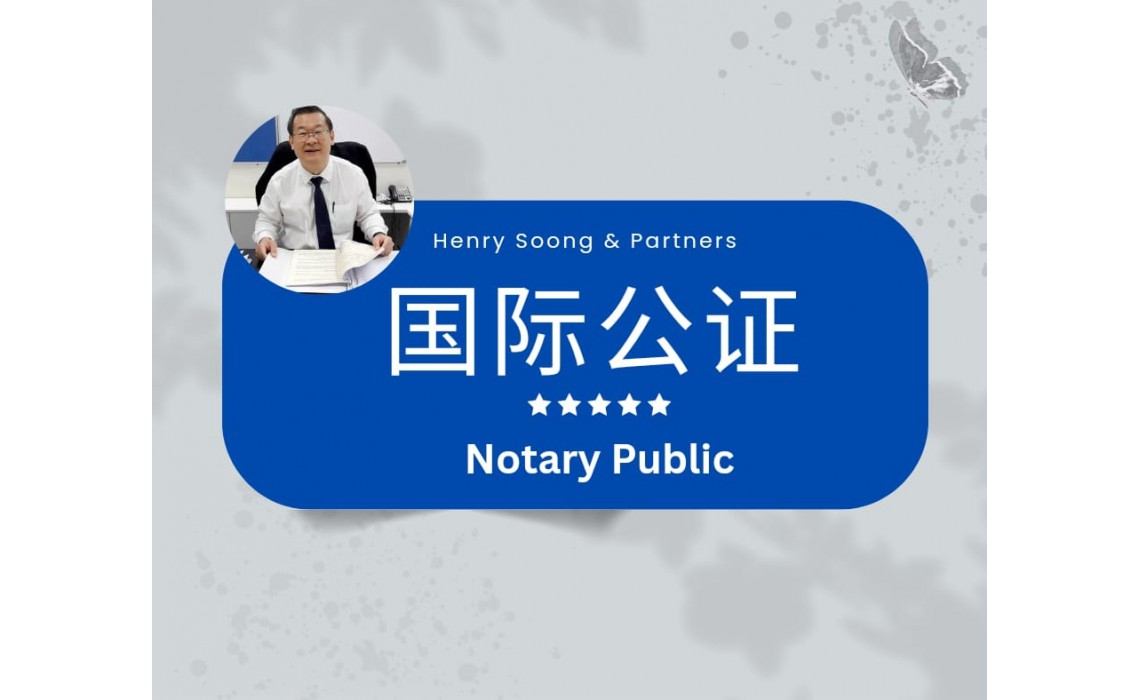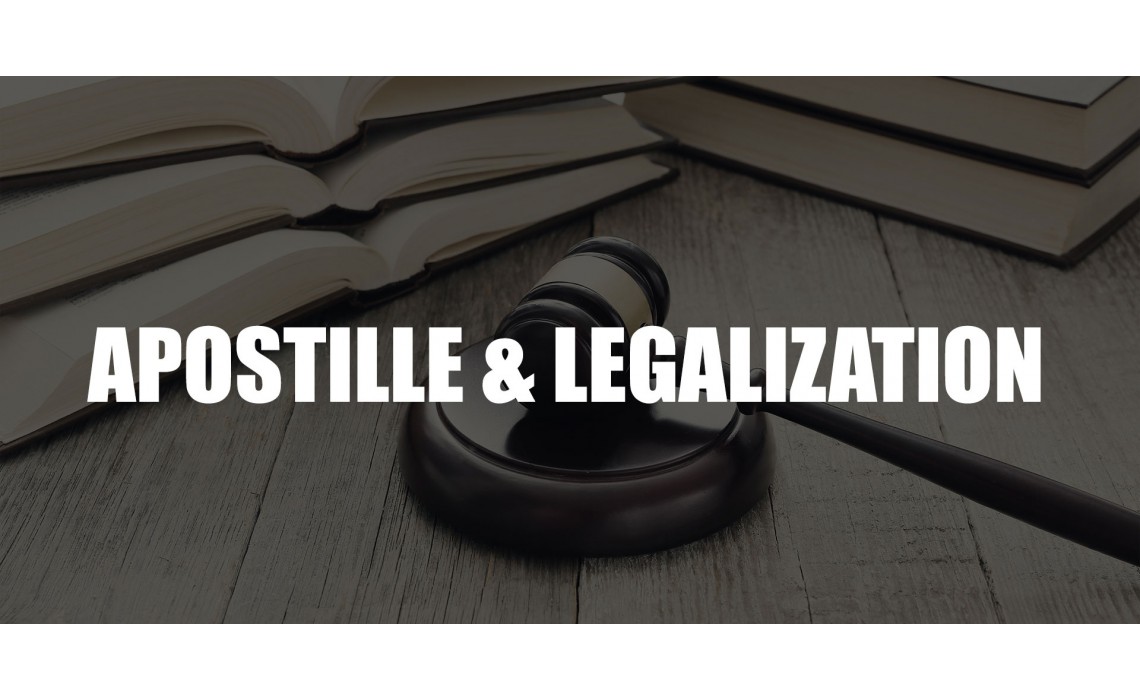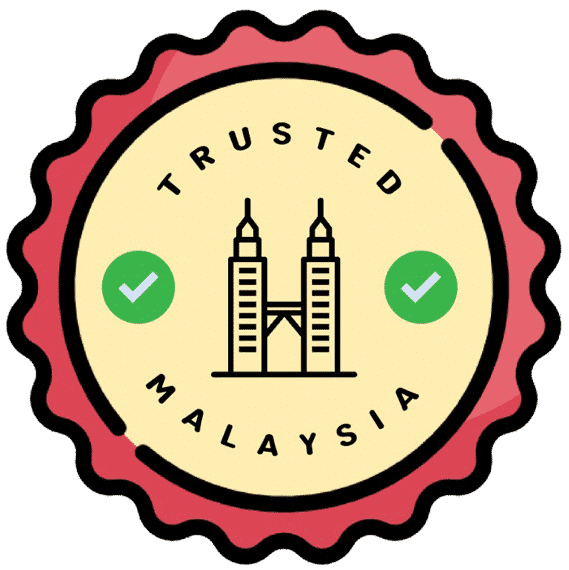Blog Posts Tagged As: Notary Public
Legalize Documents In Malaysia For Use In China
Legalizing Malaysian documents for use in China involves notarization, authentication, and legalization by the Chinese Embassy or Consulate in Malaysia. Documents are first notarized for authenticity, then authenticated by the Ministry of Foreign Affairs of Malaysia. The Chinese Embassy affixes its seal to validate them for use in China. If documents aren't in Chinese, they must be translated by an official translator and authenticated. Finally, submit the legalized and translated documents to relevant Chinese authorities.
Do you know the difference between an apostille and legalization?
Normally documents to be used overseas must go through a process to make it "legal" so that its authenticity and evidentiary value could be determined. Apostille and legalization are processes used to validate the authenticity of documents for international use, and the specific method depends on the legal agreements and practices of the countries involved. In most cases, documents to be used overseas have to be proven authentic through means of either an "Apostille" or legalization. An Apostille is a certificate of authenticity issued by a designated authority in a contracting state to the Hague Convention on Abolishing the Requirement of Legalization for Foreign Public Documents of 5th October 1961 ("Apostille Convention"). Malaysia is not a contracting party to the Apostille Convention therefore "Apostilles" cannot be issued for documents to be used overseas. Such documents need to be legalized before submitting to the foreign authorities, mainly foreign embassies. LIG Article contributed by:



